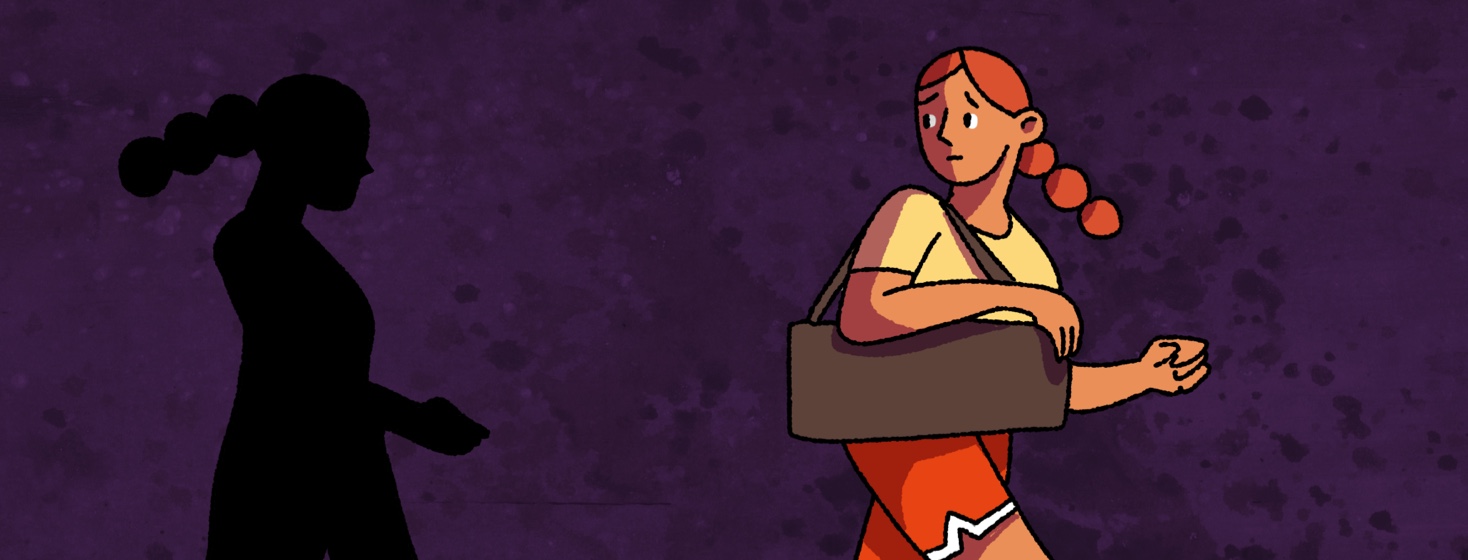How Can I Prevent a Schizophrenia Relapse?
When you have schizophrenia, sometimes symptoms that are under control can return. This is called relapse. A relapse can impact your relationships, work, and overall quality of life.1
There’s no way to predict when a schizophrenia relapse will happen. But you can watch out for signs and symptoms and take steps to avoid triggering them.1
How to know when you may be having a schizophrenia relapse
A schizophrenia relapse can come with early warning signs to look out for, including:1-8
- Hallucinations – Seeing, hearing, feeling, smelling, or tasting things that are not really there. Hearing voices or seeing things that others cannot is an example of a hallucination.
- Paranoia – Feeling like people are out to harm you or that everyone is against you. As paranoia worsens, you become more suspicious and fearful.
- Social withdrawal – Avoiding other people. You may prefer to be alone, even if you used to be social.
- Issues with personal hygiene – Neglecting your cleanliness or grooming habits like bathing or brushing your teeth.
- Strange disappearances – Times when you suddenly go missing.
- Insomnia – Trouble falling or staying asleep, which can make you feel tired and restless.
- Confusing or nonsensical speech – Your words do not make sense or are hard to understand. You might speak in a way that seems jumbled or illogical.
- Hostility – Becoming angry or aggressive toward others.
Avoiding a schizophrenia relapse
There are many steps you can take to help prevent a schizophrenia relapse from happening. These steps may include:9
- Take part in your recovery. You and your doctor are partners in your health. Talk to them about your mental health and any side effects of your medicine that bother you. Your doctor may be able to adjust your medicine dosage or switch you to a new prescription.
- Take your medication as prescribed. You may be tempted to stop taking your schizophrenia medicine, especially if your symptoms improve. However, it is important to continue taking it regularly as directed by your doctor. Stopping medication is one of the main triggers of a relapse.
- Participate in counseling or therapy. Besides medicine, counseling is a critical part of your recovery plan. Attend each session, and invite your family members if your therapist suggests it.
- Lifestyle changes. Stay away from alcohol and illegal drugs, and find ways to lower stress. These factors can cause a schizophrenia relapse.
Preparing for a mental health crisis
If you have a relapse, having an action plan for you and your loved ones can be helpful. Discuss it with the trusted people in your life. And keep copies of the plan in several places like a kitchen drawer, wallet, and glove compartment. Here is what to include:10
- Your healthcare providers' contact information
- Names and contact information of loved ones
- Contact information for a local crisis line or mobile crisis unit
- Location of a walk-in crisis center or emergency room
- Contact information for the National Suicide Prevention Lifeline (1-800-273-8255)
- Your diagnosis and a list of all the medications you take
- Your medical history, including prior psychosis, suicide attempts, history of illegal drug use, mental health triggers, and helpful coping techniques
You may also want to research whether law enforcement officers in your area have taken crisis intervention training (CIT). CIT programs are a partnership between law enforcement, mental health, and emergency service providers, people with mental illness, and their families. They help keep people with mental illness safe, out of jail, and in treatment.11
